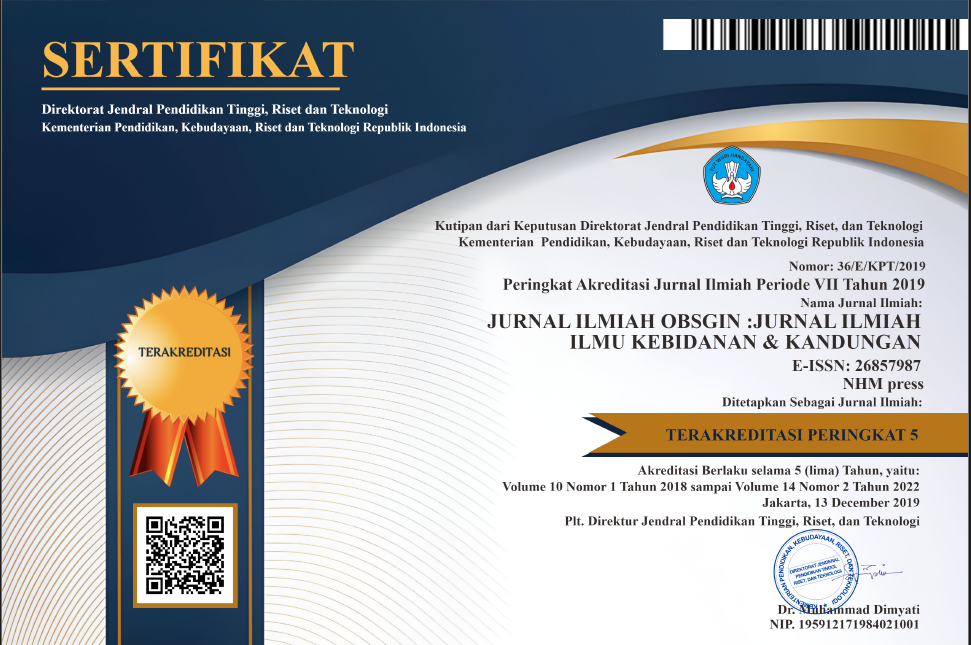HUBUNGAN PERILAKU PICKY EATER DENGAN PERKEMBANGAN MOTORIK HALUS PADA BALITA USIA 24-60 BULAN DI DESA NGALANG KECAMATAN GEDANGSARI KABUPATEN GUNUNGKIDUL
Abstract
Introduction: In the process of life, childhood is a period where the process of growth and development occurs, so development must be optimized. Preschool age is 3 to 6 years old and is the golden age of children's growth and development. Usually, preschoolers can eat.
According to the United Nations Emergency Children's Fund (UNICEF), data shows that the incidence of motor development disorders is still high, namely 27.5% or 3 million children. The rate of developmental delays in preschool children in Indonesia is 5-25% of preschool children suffering from cognitive development disorders, including gross and fine motor development disorders. Indonesia's achievement of child health services reaches 75.82%
Method: The study in this study was cross sectional. The sample used in this study was toddlers aged 24-60 months, with a total sample of 64 toddlers obtained by taking a sample of simple random sampling, bivariate analysis using the Chi square test.
Results: Data analysis shows that toddlers with picky eating have suspect fine motor development of 3.9% and normal 35.9%. The results of the statistical analysis show that there is a relationship between picky eating and fine motor development. This can be seen from the p value, namely 0.001. This statistical relationship exists because the p value is <0.05 and the OR value is 9.225
Conclusion : In this study there was a there is a relationship between picky eating and fine motor development in toddlers aged 24 to 60 months in Ngalang Gedangsari Gunung Kidul village.











